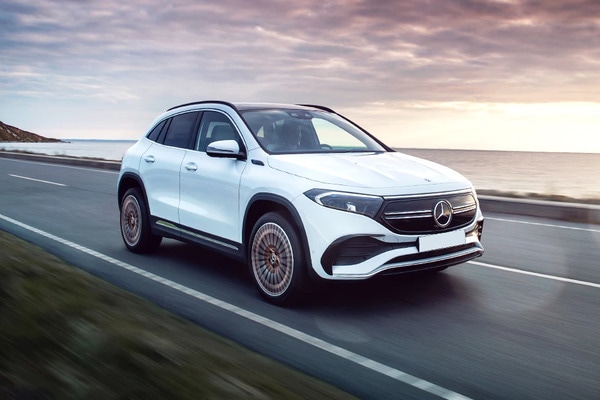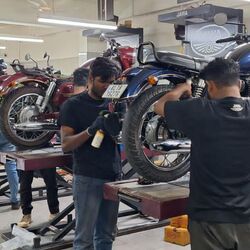Ford aims to return to pre-Covid production rates in US plants by early July
- Ford's retail sales in May rose 44% from April, and its F-Series large pickup truck saw retail sales rise 5.3% from last year.


Ford Motor Co expects to have its US vehicle assembly plants return by early July to building at the rates they did before the coronavirus pandemic shut down the US auto industry for two months, a top executive said on Wednesday.
"By July 6, we will expect to have all of our US plants operating at pre-Covid patterns," Chief Operating Officer Jim Farley said on a webcast of a presentation at a Deutsche Bank auto conference.
Also check these Vehicles
Ford and other Detroit automakers resumed production in the United States on May 18.
Farley said in the first three weeks following the restart, Ford built about 96% of its planned volume.
Also Read : Ford recalls close to 2.5 million cars to fix latch, brake troubles: Report
"We're really pleased with our start," he said, adding that beginning the week of July 8 Ford will begin adding back a third shift of work at many of its plants.
Ford's retail sales in May rose 44% from April, and its F-Series large pickup truck saw retail sales rise 5.3% from last year and gain 2.4 percentage points of market share, Farley said.
The upcoming launches of the new version of the No. 2 US automaker's highly profitable F-150 as well as the new Bronco SUV and Mustang Mach-E electric SUV are in "really good shape," he said.
Also Read : US teen spends 10 hours cleaning street after protest, is rewarded with Mustang
However, Farley acknowledged there will be "some impact" on the timing of those launches because Ford couldn't get into the plants during the shutdown.
Ford will introduce electric versions of the F-150 and its Transit van in the next 24 months, he said.
Also on Wednesday, Ford finalized details of its alliance with Germany's Volkswagen AG. Farley said Ford also remains open to other investors in its Argo AI self-driving unit in addition to VW.
Regarding Ford's ongoing restructuring, Farley said work remains to be done in Europe and South America. "For both regions, the reality is the pandemic means everything is on the table."







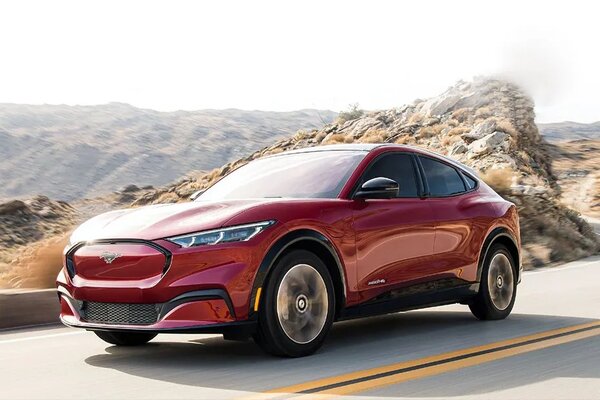
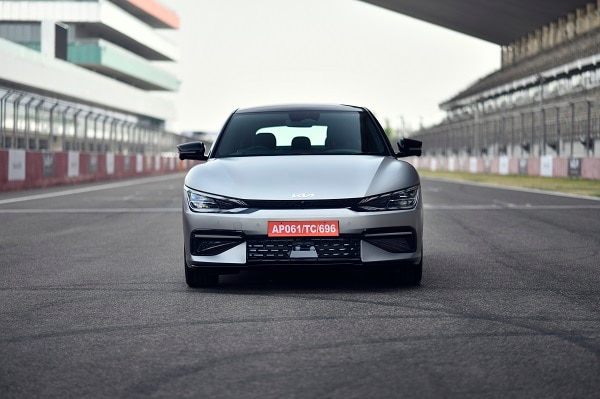
 77.4 kWh
77.4 kWh 708 km
708 km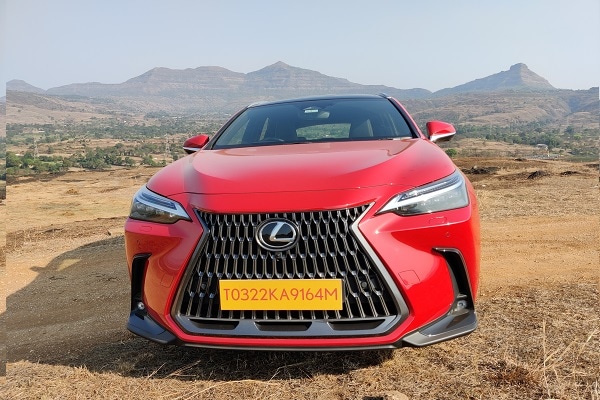
 2494.0 cc
2494.0 cc Multiple
Multiple